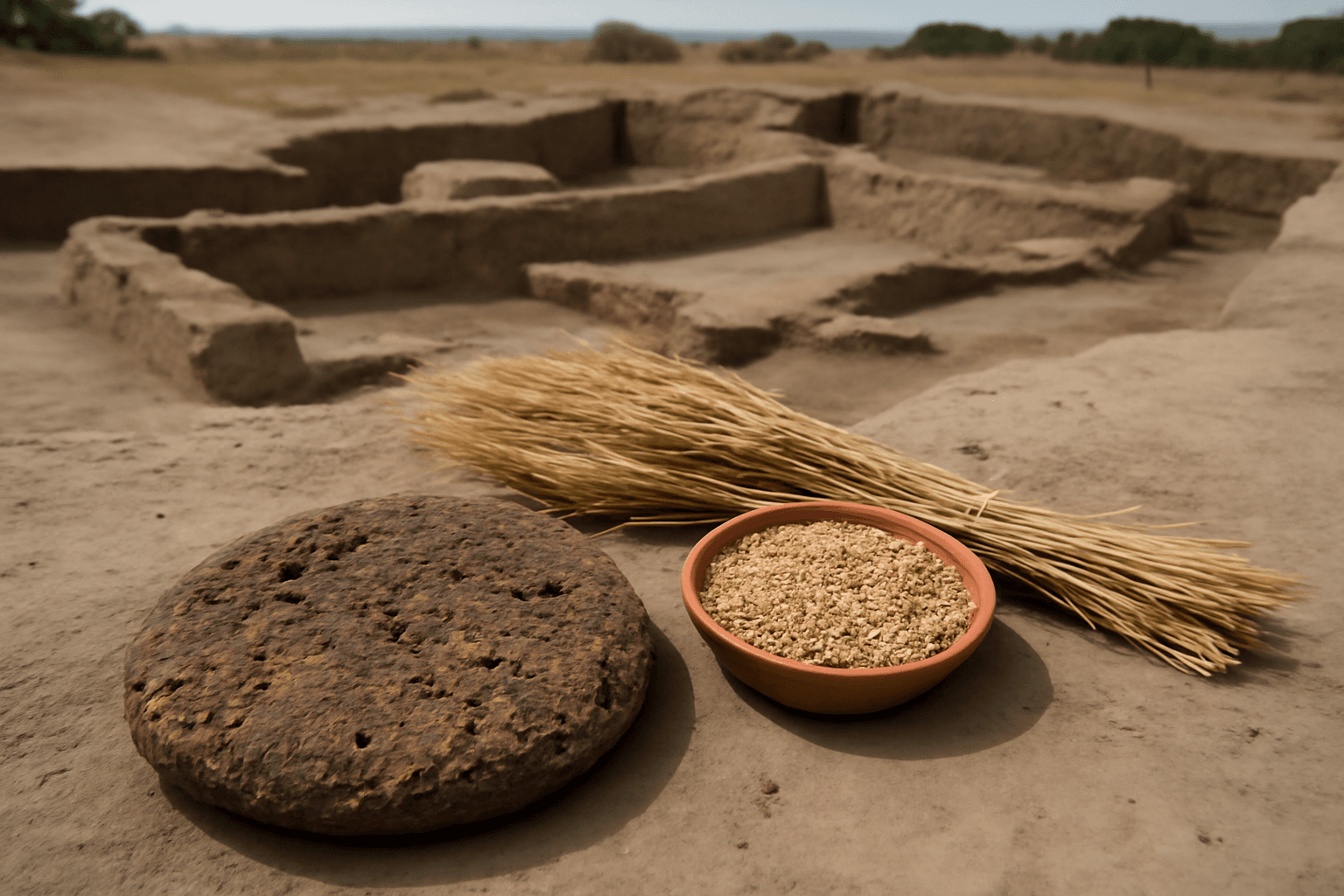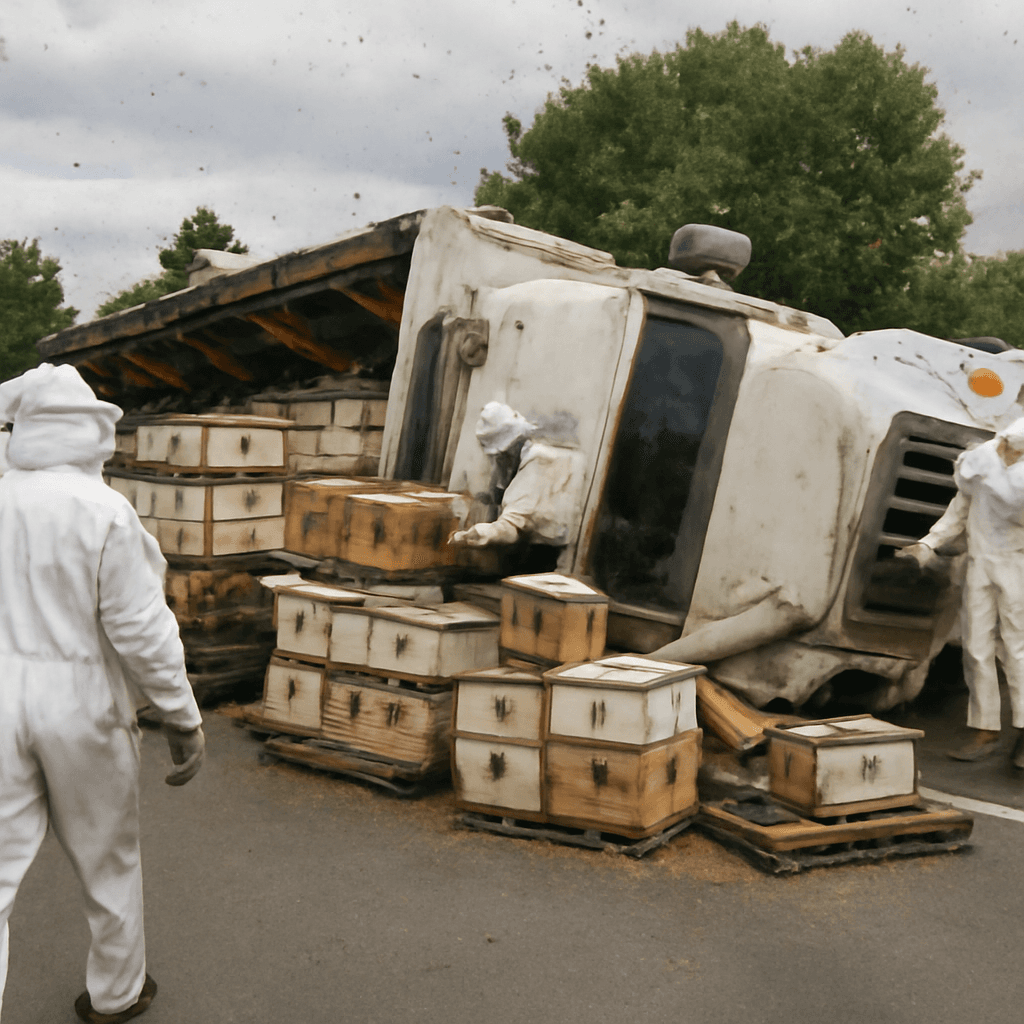In a remarkable archaeological and culinary achievement, a 5,000-year-old loaf of bread discovered in central Turkey has been meticulously recreated by a local bakery, drawing significant public interest.
The bread, round and flat measuring approximately 12 centimeters (five inches) in diameter, was uncovered during excavations at Kulluoba, near the Anatolian city of Eskisehir. This loaf, dating back to roughly 3,300 BC from the early Bronze Age, was found charred and buried beneath the threshold of a house, a preservation that is extremely rare for bread artifacts. "Bread is seldom recovered intact during excavations; typically only crumbs remain," explained Murat Turkteki, director of the excavation.
Archaeological analysis revealed that the bread was made from coarsely ground emmer flour, lentil seeds, and used yeast derived from the leaf of an unidentified plant. Since ancient emmer seeds are no longer available in Turkey, researchers used Kavilca wheat—a close relative of emmer—alongside bulgur and lentils to replicate the recipe as authentically as possible.
The Eskisehir municipality collaborated with Halk Ekmek bakery, known for providing affordable bread, to produce approximately 300 loaves daily by hand. Serap Guler, the bakery manager, highlighted the bread's nutritious profile: "The blend of ancestral wheat flour, lentils, and bulgur yields a rich, filling, low-gluten, preservative-free loaf." Priced at 50 Turkish lira (about $1.28) for a 300-gram loaf, the recreated Kulluoba bread sold out quickly, evidencing customers' strong curiosity.
Beyond its culinary significance, the discovery has sparked renewed interest in cultivating ancient grain varieties better suited to current environmental challenges. Eskisehir province, once abundant in water, now faces drought conditions, prompting Mayor Ayse Unluce to advocate for reviving drought-resistant crops like Kavilca wheat. She remarked, "Our ancestors provide us an important lesson—we must transition to less water-intensive agriculture to confront the climate crisis effectively." The mayor envisions strong policy support to promote ancient wheat cultivation as a step towards sustainability.
The Kulluoba site itself, home to the Hattians—an early Anatolian civilization predating the Hittites—was a medium-sized urban center with diverse economic activities, including agriculture, craftwork, and mining. Archaeologist Deniz Sari emphasized the importance of this find for understanding early social and cultural practices.
This extraordinary revival of ancient bread not only connects modern communities to their rich heritage but also offers valuable insights into sustainable food production in a changing climate. The Kulluoba bread symbolizes a tangible link between past and present, carrying lessons worth preserving for future generations.











